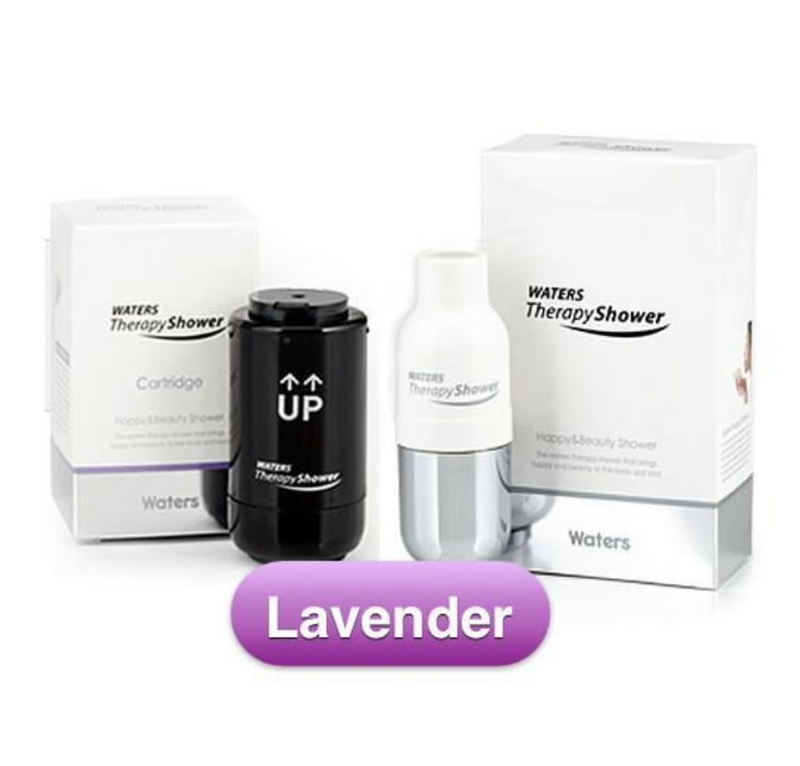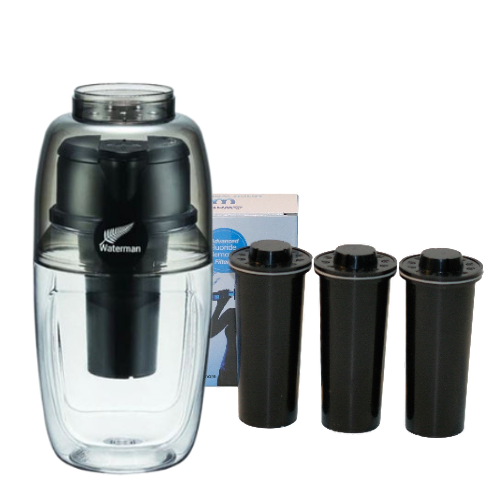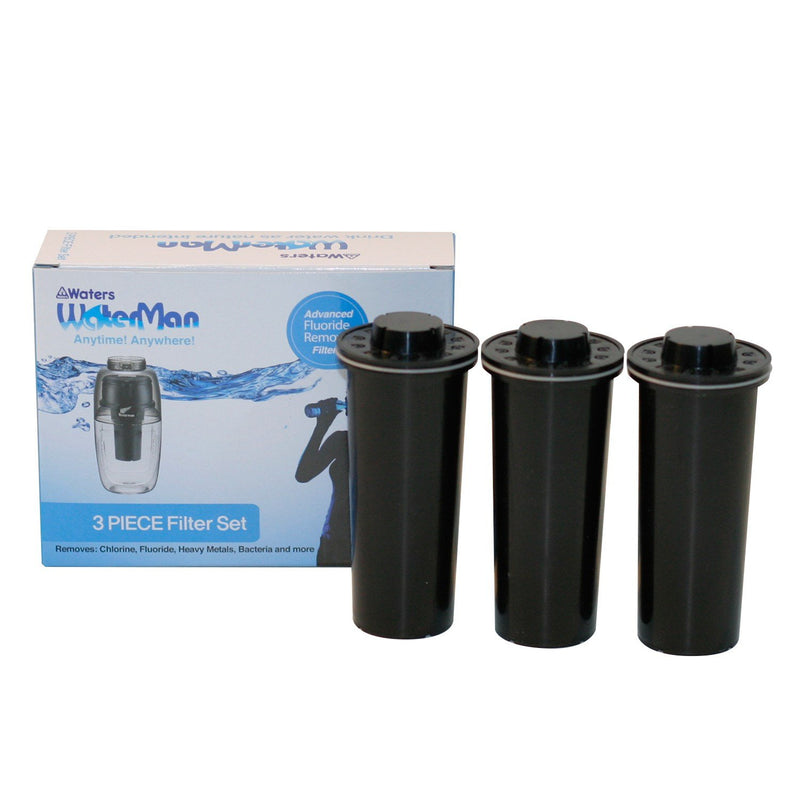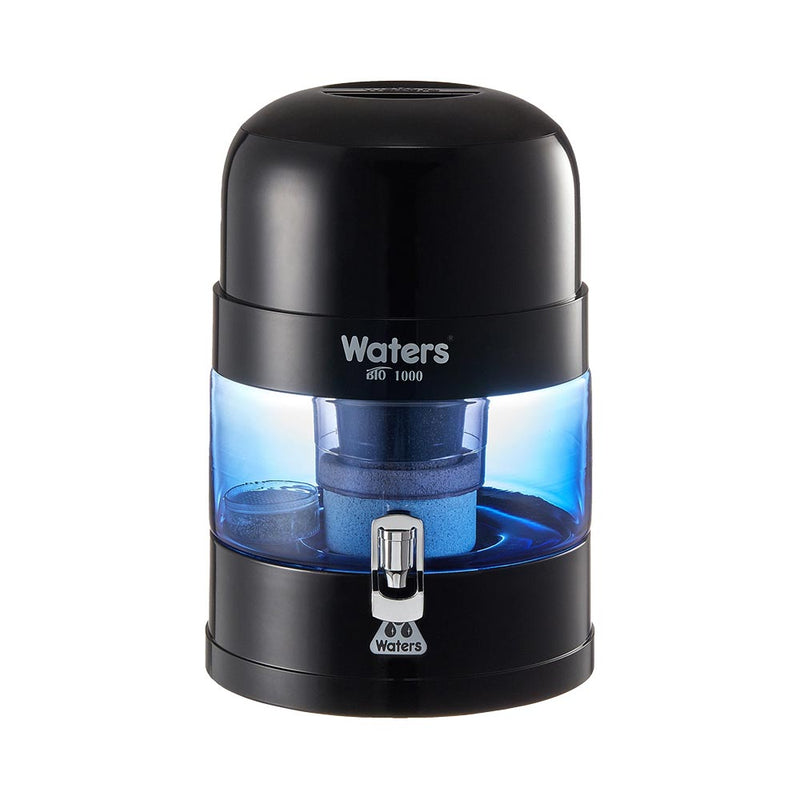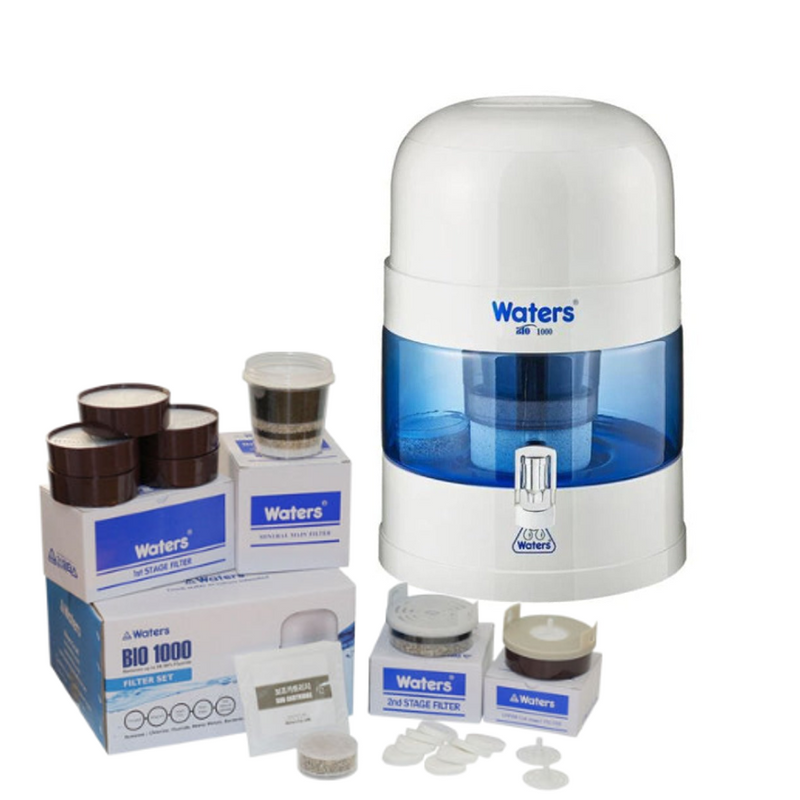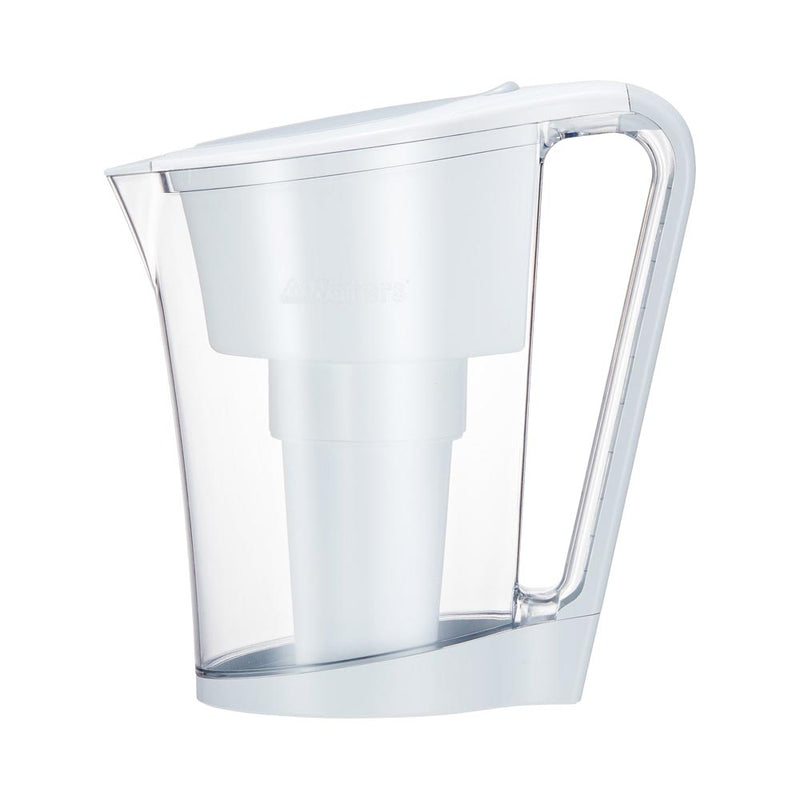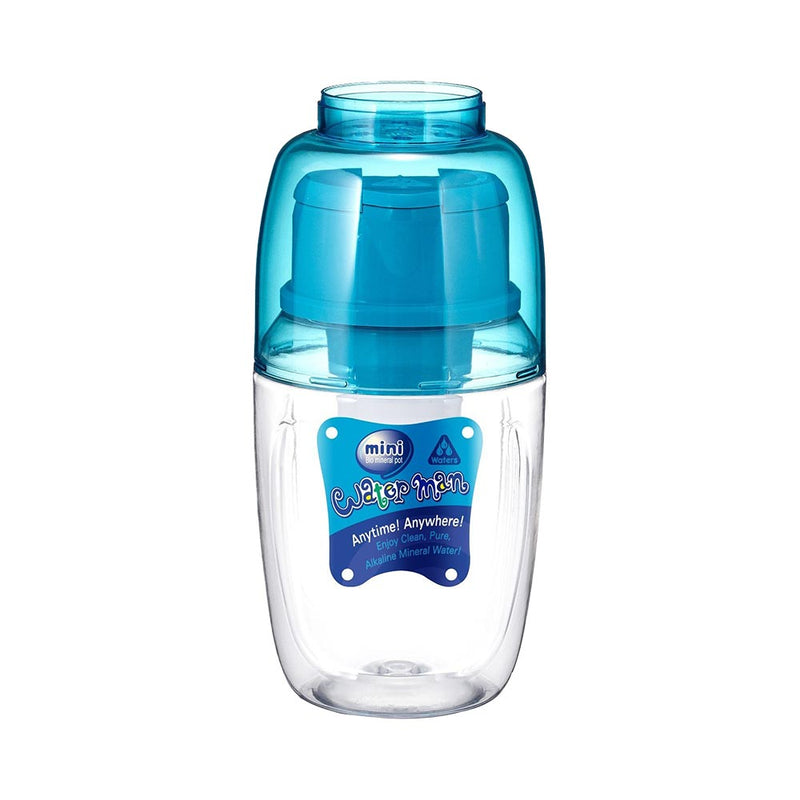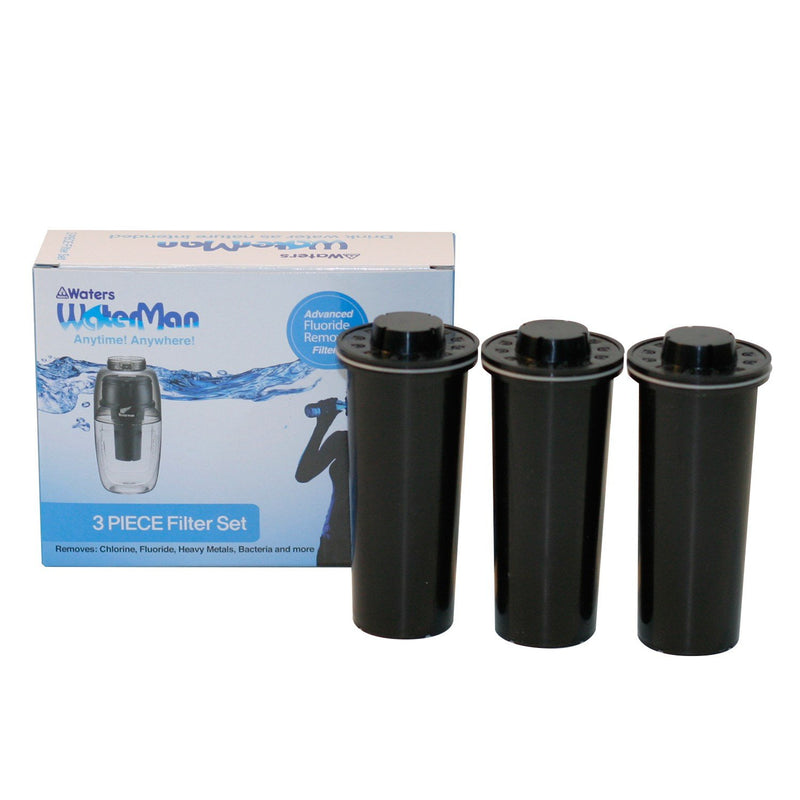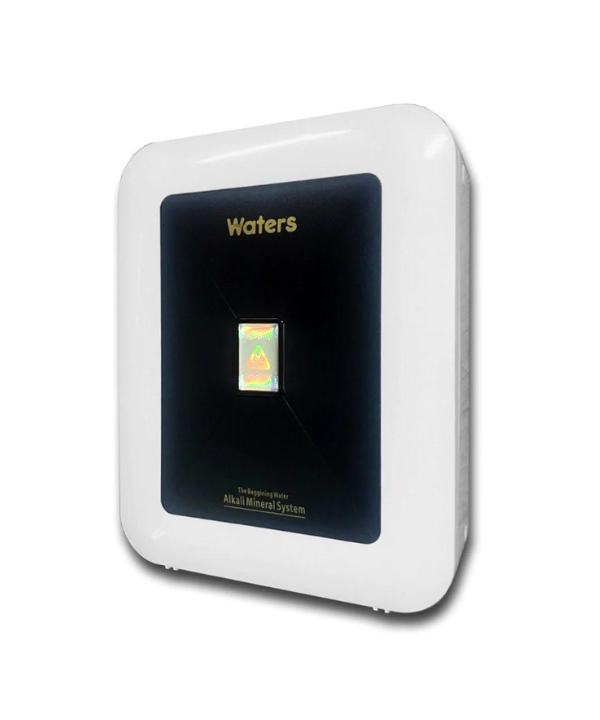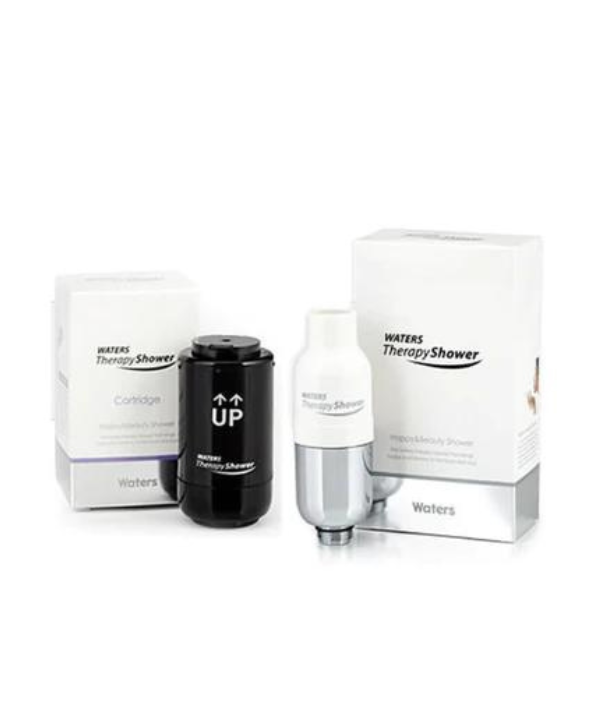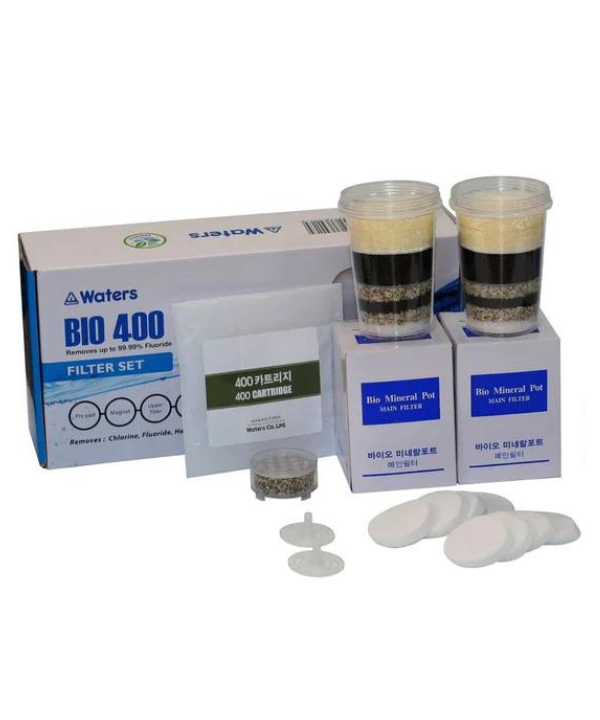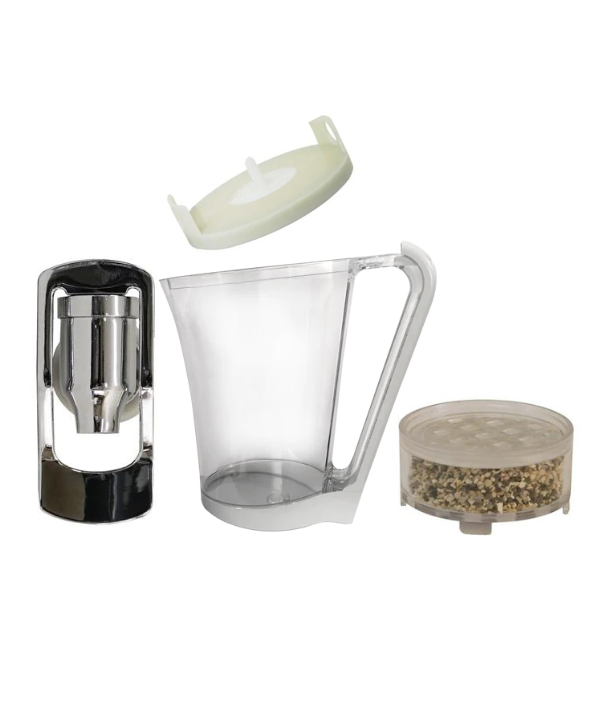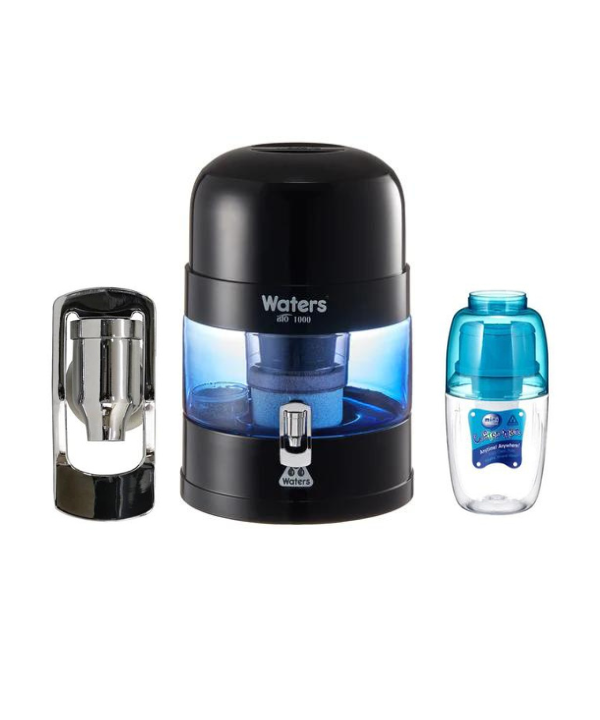Why and How to Purify Water When Camping or Hiking
How to Purify Water When Camping or Hiking
Exploring the great outdoors offers a chance to reconnect with nature, enjoy the breathtaking landscapes, and soak up the pristine wilderness. But it also presents challenges, especially accessing clean drinking water. Whether you're camping, hiking, or backpacking, it's essential to understand the types of water sources you'll encounter and the potential risks they pose. In this comprehensive guide, we'll explore the dangers of drinking untreated water, and various methods of purifying water while camping and discover why investing in a portable water filter from Waters Co is a must for every outdoor enthusiast.
Drinking Water in the Wild: Water Sources You'll Find
Water is the foundation of every living thing. The abundance of natural water sources serves as vital habitats for wildlife, sources of hydration for hikers and campers, and stunning landscapes for outdoor enthusiasts to explore, offering opportunities for swimming, kayaking and fishing. However, it's essential to exercise caution and properly treat water from different sources to mitigate the risks of waterborne contaminants:
- Streams and rivers: The water in these sources constantly flows and may appear clear and clean. However, they can still harbour contaminants washed downstream from surrounding areas. When collecting water from streams or rivers, it's important to choose a location upstream from potential sources of contamination.
- Lakes and ponds: These still bodies of water may be found in remote wilderness and more developed recreational areas. While lakes and ponds may seem tranquil and inviting, they can contain pollutants from runoff, wildlife activity, and human recreation. It is recommended that water be collected from the centre of the water source, away from shorelines where contaminants may accumulate.
- Springs: Natural springs are sources of groundwater that bubble up from underground. They are often considered clean and pure, as the water has been naturally filtered through layers of rock and soil. However, even spring water can become contaminated if surface pollutants infiltrate the source.
- Mountain streams: Originating from melting snow or ice high in the mountains, these water sources often have a cold, refreshing quality and may be free from many contaminants found in lower-elevation water bodies. It’s important to note that mountain streams can still contain bacteria and other pathogens from wildlife activity and human visitors.
- Rainwater catchments: In some areas, rainwater catchments or collection systems may be the best way to access drinking water in the wild. However, while rainwater is generally considered safe to drink, it can become contaminated if collected from dirty surfaces or stored in unclean containers.
- Snow and ice melt: In colder climates, snow and ice melt may provide drinking water while outdoor adventuring. Yet, they can contain pollutants from the atmosphere and surrounding environment, so collect snow and ice melt from clean, remote sources and treat the water before consumption.
The Signs of Waterborne Contaminants in the Water
Various contaminants often compromise natural water sources. While many may not be visible to the naked eye, several indicators can help alert you to potential issues:
- Unusual colour: Water contaminated with rust, sediment, or algae may appear tainted. If it's brown, green, or cloudy, it's probably not safe to drink.
- Unpleasant odour: Contaminated water may emit unusual or foul odours, such as a musty, earthy, or chemical smell.
- Unusual taste: Water contaminated with chemicals, metals, or organic matter may have a strange or unpleasant taste. If your water tastes unusual, it could be a sign of contamination.
- Presence of sediment: Visible particles or sediment in water, such as sand, dirt, or debris, may indicate contamination from environmental factors like runoff. Simple filtration systems can help you clear water from any visible particles.
- Algae: Algal blooms can indicate contamination in stagnant water, such as lakes or ponds. Appearing as green, blue-green, or red patches on the water's surface, algae may produce toxins harmful to humans and animals.
Dead or sick wildlife: Contaminated water sources may also affect fish. If you notice dead or ill wildlife in or around a water body, the water likely poses risks to human health.
Dangers of Drinking Contaminated Water
Drinking contaminated water in the bush can lead to severe health consequences, far more serious than drinking unfiltered water in urban environments. The remote nature of outdoor environments often means limited access to medical assistance, making even mild health issues more dangerous. Most harmful microorganisms are undetectable to the human eye, which is why they are so threatening. Even seemingly clear water sources can contain bacteria, viruses, parasites, algal blooms, chemicals, pesticides and toxins, which can cause various illnesses and health issues when consumed:
- Gastrointestinal illness: One of the most common consequences of drinking contaminated water in the wild is gastrointestinal illness, often characterised by nausea, vomiting, diarrhoea, abdominal cramps, and fever. Bacteria such as Escherichia coli (E. coli), Salmonella, and Campylobacter are common causes of waterborne gut infections that can lead to dehydration and electrolyte imbalances if left untreated.
- Waterborne diseases: Contaminated water can transmit various waterborne diseases, including cholera, giardiasis, cryptosporidiosis, and hepatitis A. They are caused by bacteria, parasites, and viruses that thrive in water sources compromised by human or animal waste. Symptoms can range from mild abdominal pain to severe dehydration, liver and kidney damage, and even death in extreme cases.
- Skin and respiratory infections: Bacteria such as Pseudomonas aeruginosa and Legionella pneumophila can thrive in warm water sources like hot springs, leading to swimmer's itch, folliculitis, and Legionnaires' disease. Inhaling aerosolised water droplets contaminated with these bacteria can result in pneumonia-like symptoms and respiratory failure.
- Chemical toxicity: Contaminated water may contain various chemicals and toxins from industrial pollution and agricultural runoff. Exposure to lead, arsenic, mercury, and pesticides can have serious health consequences, including neurological damage, organ failure, cancer, and developmental disorders. Children, pregnant women, and people with weak immune systems are particularly vulnerable to the harmful effects of chemical toxicity.
- Algal poisoning: In warm, nutrient-rich water bodies, algal blooms can occur, leading to the proliferation of toxic algae species such as cyanobacteria (blue-green algae). These algae produce toxins known as cyanotoxins, which can contaminate drinking water in remote regions and pose significant risks to human and animal health. Ingesting water contaminated with cyanotoxins can cause vomiting, diarrhoea, skin irritation, liver damage, and neurological disorders.
- Long-term health problems: Chronic exposure to contaminated water can have long-term health effects, including increased risk of cancer, reproductive issues, immune system and neurological disorders. Prolonged ingestion of certain contaminants, such as heavy metals and industrial chemicals, can accumulate in the body over time and cause cumulative damage to organs and tissues.
To minimise the threat to your health and well-being, you must take precautions to eliminate waterborne contaminants from your drinking water. While trace amounts of chemicals won't do much harm after a single exposure, you never know what exactly is in the water, so it's best to treat it cautiously and purify it first.
How to Purify Water while Camping: Three Effective Methods
There are several ways of purifying water, but considering limited resources in the bush, there are three most common and convenient methods to purify water while camping, hiking, or backpacking.
Boiling
Boiling water is one of the simplest and most effective methods of water purification. You can effectively kill harmful bacteria, viruses, and parasites by bringing water to a rolling boil for at least one minute (or three minutes at higher elevations). Boiling is particularly useful when dealing with water from questionable sources, such as lakes, rivers, and streams. However, it requires a heat source, such as a camp stove or fire, and may not be practical in all situations.
Chemical Treatment
Chemical treatments, such as chlorine dioxide tablets or iodine tablets, can effectively disinfect water by killing bacteria, viruses, and parasites. They are lightweight, compact, and easy to use, making them popular among backpackers and hikers. However, chemical treatments can impart a taste or odour to the water. Plus, they may not be effective against all types of waterborne contaminants, such as certain protozoa.
Filtration
Filtration is a versatile water purification method that removes contaminants by passing water through a physical barrier or filter media. Portable water filters are designed specifically for outdoor use and can effectively remove bacteria, protozoa, sediment, and other particulates from water. The process is generally quick and simple, making water filters a popular choice for outdoor enthusiasts. Filtration systems may clog over time and require maintenance, so make sure you stock up on replacement filter cartridges to keep spare on your trips away.
Portable Water Filters from Waters Co to Purify Water in the Bush
Waters Co offers a range of portable water filters designed to eliminate 99% of contaminants, including bacteria, chemicals, heavy metals, and odours. Using advanced filtration technology, these devices can provide clean, great-tasting water wherever your adventures take you.
Waterman Portable Water Filters
The Waterman offers a convenient, portable solution for ensuring safe drinking water wherever you go. Its central cartridge is equipped with alkaline minerals, magnets, and an activated carbon filter medium, effectively re-mineralising and ionising ordinary water from the natural water source while filtering out chlorine, heavy metals, and bacteria.
Portable for various activities such as hiking, sports, travel, camping, and backpacking, the Waterman promotes economical and eco-friendly hydration, helping you avoid expensive bottled water and reducing landfill waste. With the capacity to filter up to 300 litres and a replaceable filter cartridge, the Waterman combines compact size and lightweight design, requiring no electricity for operation. It is important to note that this is a portable filter, not a water bottle, and may leak if tipped on its side during transit.
Water Filter Jugs
With over 40 years of expertise and innovation in water filtration, Waters Co offers a range of effective and easy-to-use portable water filter jugs. Incorporating an unparalleled 10-stage filtration process, these devices can transform contaminated water into a revitalising elixir by filtering out sediment, rust, bacteria, cysts, chlorine, chemicals, heavy metals, fluoride, and unpleasant odours.
Waters Co jugs ensure purity and fresh, clean-tasting water by boasting a pre-filter membrane for initial purification, activated coconut shell carbon with silver for comprehensive impurity reduction, and a patented nano-activated carbonate compound for fluoride removal. The system enriches water with approximately 60 bio-organic trace minerals, maintaining a pH range between 7.6 and 8.5.
Compact, lightweight, and BPA-free water filter jugs are perfect for travel. They offer clean, great-tasting water while minimising environmental impact and saving costs.
The Best Method to Purify Water while Camping: Invest in Filtration
The advantages of using portable water filters over traditional methods like boiling or chemical treatments are plentiful. While boiling water requires a heat source and consumes time, portable filters offer a quick, convenient solution, especially when a fire or stove is impractical. Unlike chemical treatments, which may leave unpleasant tastes or odours, Waters Co filters don't alter water's natural flavour but enhance it and purify it from any additives.
Portable filters eliminate the need for bulky fuel canisters or other tools, reducing pack weight and environmental impact. Plus, boiling and chemical treatments may not remove certain contaminants like chemicals or heavy metals. Waters Co water filters provide comprehensive filtration, removing sediment, bacteria, protozoa, chemicals, toxins, heavy metals, and unpleasant odours.
Overall, Waters Co portable water filters offer a reliable, user-friendly, and effective solution for purifying water while camping or hiking, ensuring safe and refreshing hydration during your adventures.
Effective Water Purification in the Wild with Waters Co
When you choose Waters Co portable water filters, you're not just investing in clean water—you're investing in your health, longevity, and well-being. Our passion and commitment to supporting vitality and healthy living through clean drinking water are unparalleled. With a legacy dating back to 1977, we have been at the forefront of water filtration technology for decades. Our products have earned numerous awards and certifications from internationally recognised bodies, including ISO, CE, NSF International, and the Water Quality Association, reflecting our dedication to quality and excellence.
We make all our products based on scientific principles and proven results. With a full-time research centre staffed by leading scientists, we continuously strive to address water quality issues and innovate new filtration technologies. Our systems incorporate cutting-edge filtration methods from bioceramics to organic Germanium to ensure you receive the highest-quality drinking water.
Our priority is to turn contaminated water into a refreshing, clean, sterilised drink enriched with natural trace minerals for optimal health and hydration. With a diverse range of portable water filters tailored to meet the needs of adventurers and outdoor enthusiasts, we empower you to explore the world with confidence, knowing that clean, great-tasting water is always within reach.
Visit our online store for your portable water filter today and join the countless satisfied customers who have experienced the Waters Co difference.


